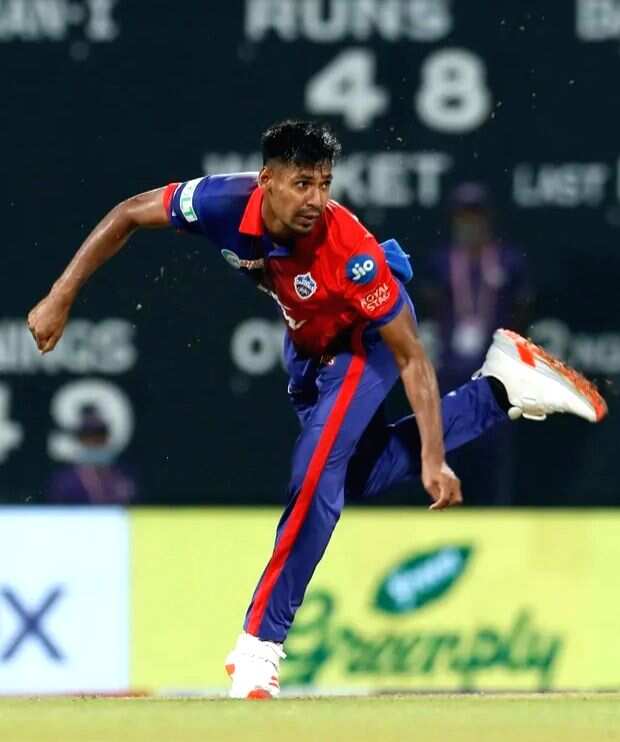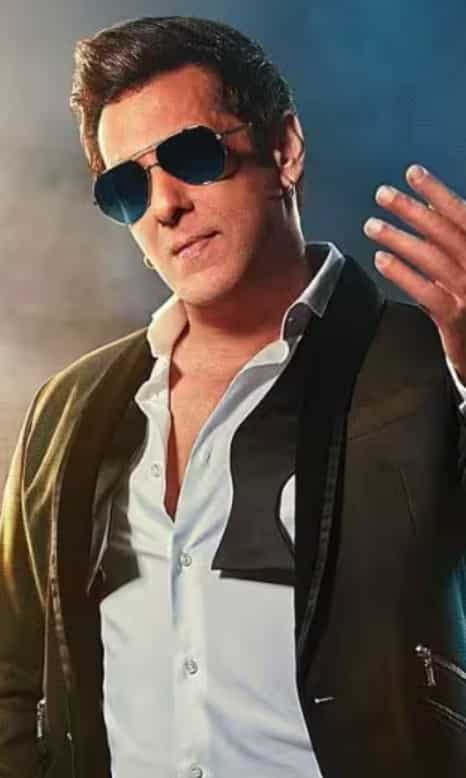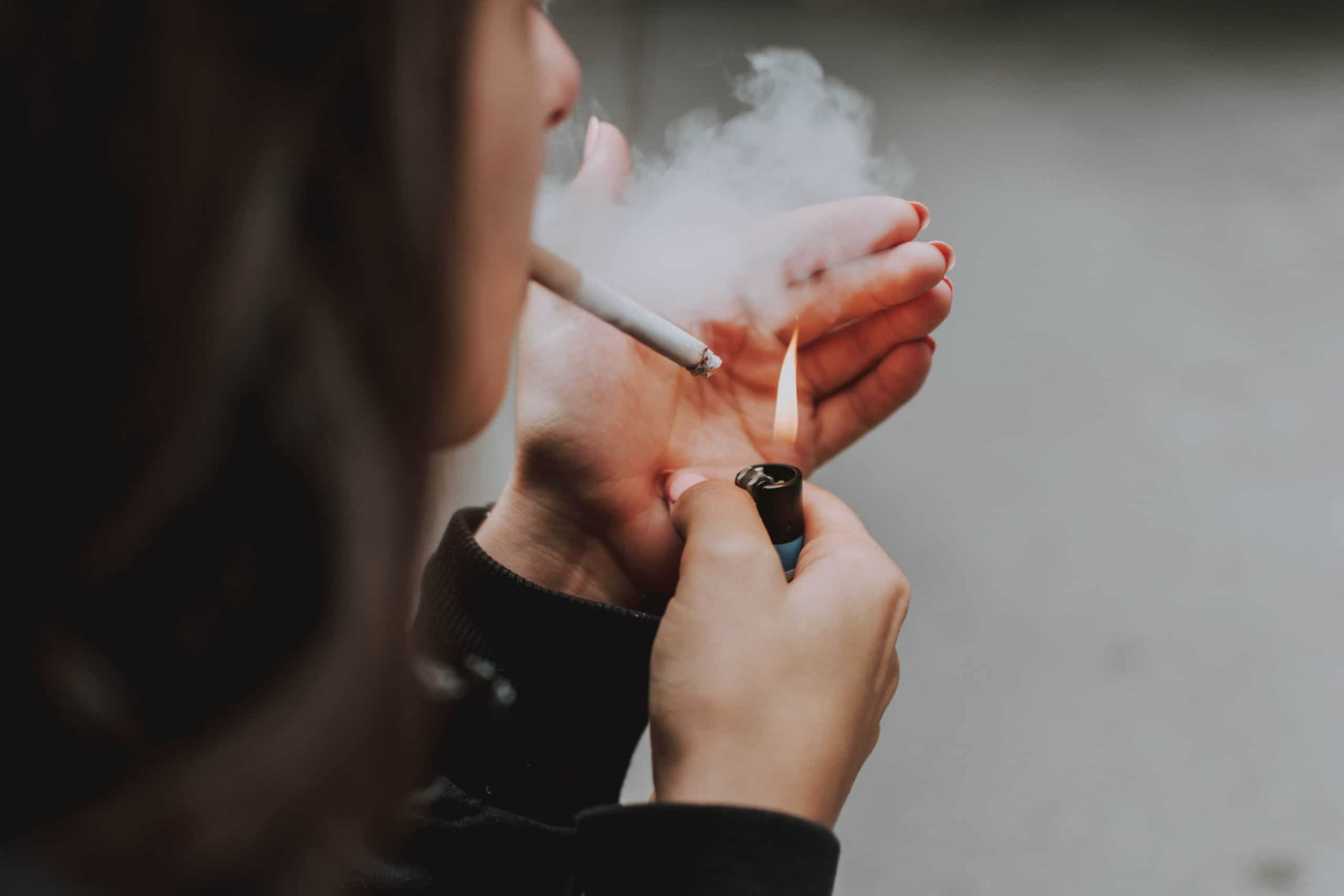The prosecution had produced as witnesses nine persons from the VHP and the BJP who claimed they had gone to the Godhra railway station on February 27, 2002, to serve tea and snacks to the kar sevaks returning from Ayodhya by the Sabarmati Express.
Supporters of the Vishwa Hindu Parishad (VHP) and the Bharatiya Janata Party (BJP) will be shocked to learn that Judge PR Patel, the special judge who heard the Godhra train burning case, did not find the VHP’s ‘witnesses’ reliable.
The prosecution had produced as witnesses nine persons from the VHP and the BJP who claimed they had gone to the Godhra railway station on February 27, 2002, to serve tea and snacks to the kar sevaks returning from Ayodhya by the Sabarmati Express.
In his judgment, however, judge Patel has observed that these key VHP witnesses were not “witnesses of truth”.
The nine VHP and BJP members who were produced as witnesses by the prosecution are Janak Dave, Dipakkumar Soni, Chandrashankar Shenaiya, Manoj Advani, Rajesh Darji, Harsukh Advani, Nitin alias Kukul Pathak, Dilip Dasadiya and Murli Mulchandani. All of them gave testimonies before the special judge.
In his order, the judge has said that after a careful reading of their testimonies and other relevant evidence, it was clear that the facts narrated by them, “in their examination-in-chief”, could never be accepted as gospel truth.
“In other words, these witnesses cannot be termed as ‘witnesses of truth’ and this court has no option but to discard their evidence in totality,” judge Patel has said in his order. He has also given reasons, point by point, why the court was not relying upon the testimony of these nine witnesses.
He observed that no such welcome or offering of tea or breakfast, etc, had ever taken place at Godhra railway station prior to the date of incident.
“The normal arrival time of Sabarmati Express at Godhra railway station was 2:55 am,” he has stated in his order. “This can be said to be the time for peaceful sleep during a journey, and can never be accepted as the proper time for welcoming or offering tea and snacks to kar sevaks.”
His order further says that offering tea and snacks at 2:55 am would disturb the kar sevaks themselves, as also the other passengers.
There is nothing on record to show how and when these witnesses or any of them had come to know that the train was running behind schedule or about its approximate arrival time, the judge states in his order.
"No documentary evidence has been produced about the purchase of platform tickets by these witnesses on that day," the order says.
The court also found many contradictions in their accounts of prior meetings, place of meeting, the decision to welcome the kar sevaks, and the means by which that decision was communicated to them.
The judge also observed that their accounts about how they reached the railway station from their residence - whether by their own vehicles individually or by some other means, together- did not tally with each other.
The evidence given by the nine witnesses regarding purchase of garlands, breakfast, preparation of tea, the kettle, breakfast items, and the manner in which the food was packed, were all found to be contradictory.
The kar sevaks, too, did not make any mention in their testimony of the quarrel that allegedly look place between kar sevaks and vendors, or of kar sevaks misbehaving with Muslim girls.
During cross-examination, most of them expressed ignorance in this regard.
Some of the nine VHP witnesses were earlier involved in very serious offences and communal riots cases, the order states.
"There are material contradictions in their statements made before the police and the evidence before the court, about the place from where they, in fact, witnessed the incident of fire near 'A' cabin," the order says.
"None of them had sustained injuries of any kind. Many of them belong to the Sindhi community. In the past, communal riots had taken place between the Muslim Ghanchi and Sindhi communities. Some had political or business rivalry with the accused persons," the order says.
According to sources, out of the nine VHP witnesses, Raju Darji was the president of Godhra municipality and was toppled from power by the group led by Mohammad Hussain Kalota, an accused who has been acquitted after spending nine years in jail.
Darji is currently the sitting councillor. Dipak Soni was a councillor of Godhra municipality. Kukul Pathak is at present handling the media cell of the Godhra BJP. Janak Dave was a member of Godhra taluka panchayat and district convener of the media cell of the Panchmahals BJP.
Dilip Dasadia was the city's general secretary of Godhra BJP and the VHP worker who was declared hostile by the court. Manoj Advani, a VHP worker, had gone to the railway station to meet kar sevaks. Murli Mulchandani is the councillor of the Godhra municipality, Chandrashankar Shenaiya is a VHP worker, and Harsukh Advani is a BJP worker.
![submenu-img]() US imposes sanctions on Chinese, Belarus firms for providing ballistic missile tech to Pakistan
US imposes sanctions on Chinese, Belarus firms for providing ballistic missile tech to Pakistan![submenu-img]() 'Don't have any comment': White House mum on reports of Israeli strikes in Iran
'Don't have any comment': White House mum on reports of Israeli strikes in Iran![submenu-img]() Yes Bank co-founder Rana Kapoor gets bail after four years in bank fraud case
Yes Bank co-founder Rana Kapoor gets bail after four years in bank fraud case![submenu-img]() Barmer Lok Sabha Polls 2024: Check key candidates, date of voting and other important details
Barmer Lok Sabha Polls 2024: Check key candidates, date of voting and other important details![submenu-img]() This star once lived in garage, earned Rs 51 as first salary; now charges Rs 5 crore per film, is worth Rs 335 crore
This star once lived in garage, earned Rs 51 as first salary; now charges Rs 5 crore per film, is worth Rs 335 crore![submenu-img]() DNA Verified: Is CAA an anti-Muslim law? Centre terms news report as 'misleading'
DNA Verified: Is CAA an anti-Muslim law? Centre terms news report as 'misleading'![submenu-img]() DNA Verified: Lok Sabha Elections 2024 to be held on April 19? Know truth behind viral message
DNA Verified: Lok Sabha Elections 2024 to be held on April 19? Know truth behind viral message![submenu-img]() DNA Verified: Modi govt giving students free laptops under 'One Student One Laptop' scheme? Know truth here
DNA Verified: Modi govt giving students free laptops under 'One Student One Laptop' scheme? Know truth here![submenu-img]() DNA Verified: Shah Rukh Khan denies reports of his role in release of India's naval officers from Qatar
DNA Verified: Shah Rukh Khan denies reports of his role in release of India's naval officers from Qatar![submenu-img]() DNA Verified: Is govt providing Rs 1.6 lakh benefit to girls under PM Ladli Laxmi Yojana? Know truth
DNA Verified: Is govt providing Rs 1.6 lakh benefit to girls under PM Ladli Laxmi Yojana? Know truth![submenu-img]() Remember Ali Haji? Aamir Khan, Kajol's son in Fanaa, who is now director, writer; here's how charming he looks now
Remember Ali Haji? Aamir Khan, Kajol's son in Fanaa, who is now director, writer; here's how charming he looks now![submenu-img]() Remember Sana Saeed? SRK's daughter in Kuch Kuch Hota Hai, here's how she looks after 26 years, she's dating..
Remember Sana Saeed? SRK's daughter in Kuch Kuch Hota Hai, here's how she looks after 26 years, she's dating..![submenu-img]() In pics: Rajinikanth, Kamal Haasan, Mani Ratnam, Suriya attend S Shankar's daughter Aishwarya's star-studded wedding
In pics: Rajinikanth, Kamal Haasan, Mani Ratnam, Suriya attend S Shankar's daughter Aishwarya's star-studded wedding![submenu-img]() In pics: Sanya Malhotra attends opening of school for neurodivergent individuals to mark World Autism Month
In pics: Sanya Malhotra attends opening of school for neurodivergent individuals to mark World Autism Month![submenu-img]() Remember Jibraan Khan? Shah Rukh's son in Kabhi Khushi Kabhie Gham, who worked in Brahmastra; here’s how he looks now
Remember Jibraan Khan? Shah Rukh's son in Kabhi Khushi Kabhie Gham, who worked in Brahmastra; here’s how he looks now![submenu-img]() DNA Explainer: What is cloud seeding which is blamed for wreaking havoc in Dubai?
DNA Explainer: What is cloud seeding which is blamed for wreaking havoc in Dubai?![submenu-img]() DNA Explainer: What is Israel's Arrow-3 defence system used to intercept Iran's missile attack?
DNA Explainer: What is Israel's Arrow-3 defence system used to intercept Iran's missile attack?![submenu-img]() DNA Explainer: How Iranian projectiles failed to breach iron-clad Israeli air defence
DNA Explainer: How Iranian projectiles failed to breach iron-clad Israeli air defence![submenu-img]() DNA Explainer: What is India's stand amid Iran-Israel conflict?
DNA Explainer: What is India's stand amid Iran-Israel conflict?![submenu-img]() DNA Explainer: Why Iran attacked Israel with hundreds of drones, missiles
DNA Explainer: Why Iran attacked Israel with hundreds of drones, missiles![submenu-img]() This star once lived in garage, earned Rs 51 as first salary; now charges Rs 5 crore per film, is worth Rs 335 crore
This star once lived in garage, earned Rs 51 as first salary; now charges Rs 5 crore per film, is worth Rs 335 crore![submenu-img]() Meet actress, who worked as cook for free food, mopped floors, one Instagram post changed her life, is now worth…
Meet actress, who worked as cook for free food, mopped floors, one Instagram post changed her life, is now worth… ![submenu-img]() UP man arrested for booking cab from Salman Khan's house under Lawrence Bishnoi's name
UP man arrested for booking cab from Salman Khan's house under Lawrence Bishnoi's name ![submenu-img]() 'Justice milega': Ankita Lokhande talks about Sushant Singh Rajput, reveals she's still connected with his family
'Justice milega': Ankita Lokhande talks about Sushant Singh Rajput, reveals she's still connected with his family![submenu-img]() Rajkummar Rao reacts to plastic surgery rumours, admits he got fillers: 'If something gives me confidence...'
Rajkummar Rao reacts to plastic surgery rumours, admits he got fillers: 'If something gives me confidence...'![submenu-img]() IPL 2024: KL Rahul, Quinton de Kock star in Lucknow Super Giants' dominating 8-wicket win over Chennai Super Kings
IPL 2024: KL Rahul, Quinton de Kock star in Lucknow Super Giants' dominating 8-wicket win over Chennai Super Kings![submenu-img]() DC vs SRH, IPL 2024: Predicted playing XI, live streaming details, weather and pitch report
DC vs SRH, IPL 2024: Predicted playing XI, live streaming details, weather and pitch report![submenu-img]() Watch: Virat Kohli's cheeky 'your wife' remark to Dinesh Karthik leaves RCB teammates in splits
Watch: Virat Kohli's cheeky 'your wife' remark to Dinesh Karthik leaves RCB teammates in splits ![submenu-img]() DC vs SRH IPL 2024 Dream11 prediction: Fantasy cricket tips for Delhi Capitals vs Sunrisers Hyderabad
DC vs SRH IPL 2024 Dream11 prediction: Fantasy cricket tips for Delhi Capitals vs Sunrisers Hyderabad![submenu-img]() 'Kohli said it's not an option, just...': KL Rahul recalls his IPL debut for RCB in 2013
'Kohli said it's not an option, just...': KL Rahul recalls his IPL debut for RCB in 2013![submenu-img]() Canada's biggest heist: Two Indian-origin men among six arrested for Rs 1300 crore cash, gold theft
Canada's biggest heist: Two Indian-origin men among six arrested for Rs 1300 crore cash, gold theft![submenu-img]() Donuru Ananya Reddy, who secured AIR 3 in UPSC CSE 2023, calls Virat Kohli her inspiration, says…
Donuru Ananya Reddy, who secured AIR 3 in UPSC CSE 2023, calls Virat Kohli her inspiration, says…![submenu-img]() Nestle getting children addicted to sugar, Cerelac contains 3 grams of sugar per serving in India but not in…
Nestle getting children addicted to sugar, Cerelac contains 3 grams of sugar per serving in India but not in…![submenu-img]() Viral video: Woman enters crowded Delhi bus wearing bikini, makes obscene gesture at passenger, watch
Viral video: Woman enters crowded Delhi bus wearing bikini, makes obscene gesture at passenger, watch![submenu-img]() This Swiss Alps wedding outshine Mukesh Ambani's son Anant Ambani's Jamnagar pre-wedding gala
This Swiss Alps wedding outshine Mukesh Ambani's son Anant Ambani's Jamnagar pre-wedding gala













































)
)
)
)
)
)